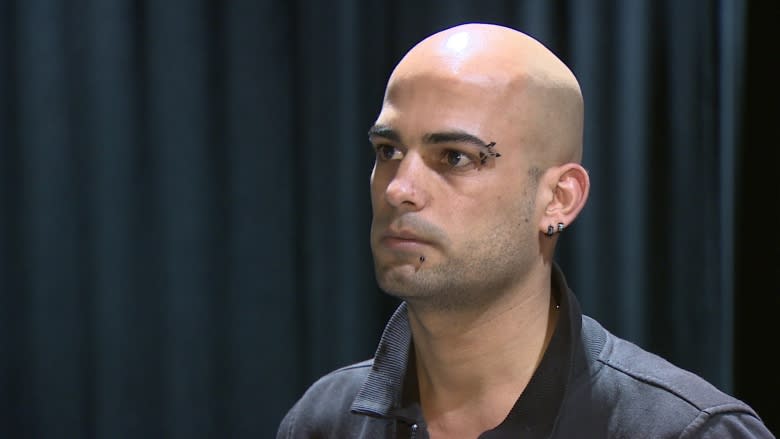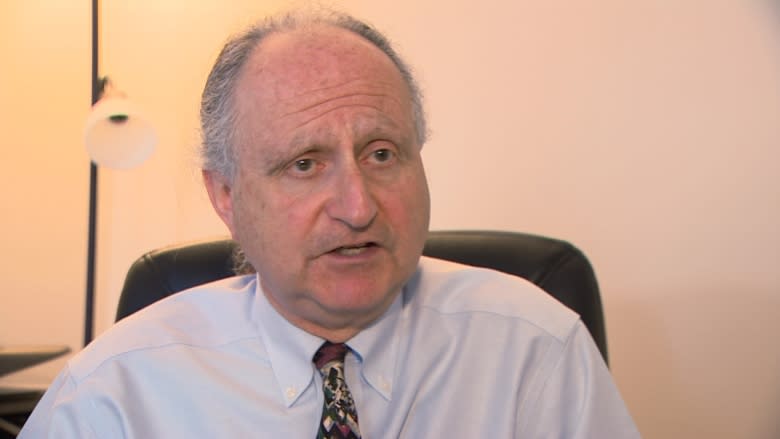Man from Malta told to leave country after hearing at airport
A young man from Malta who says he came to Canada to learn English for a couple of months has been told to leave the country by Saturday night, says immigration lawyer Lee Cohen.
Nader Kaseb arrived at the Halifax airport on June 12 carrying about $2,037, a confirmed enrolment in an English-language course and a return ticket dated slightly after the end of the course.
However, Canada Border Service agents didn't believe Kaseb, who is originally from Syria. They accused him of attempting to live in Canada without a visa to do so.
"I swear after I finish the school I will go back to Malta, because I'm coming just for study," Kaseb told CBC News before the hearing.
'Sick and tired, even scared'
He said he arrived in Canada at about 7:30 p.m. and they kept him for two or three hours without asking any questions. Then they asked him questions until about 5 a.m.
"They keep me in corridor," he said. "They make me sick and tired, even scared."
Cohen took on the case when he was contacted by a friend of Kaseb's.
"In every respect, his intentions were good and legal," Cohen told CBC News before the decision.
He noted that as a citizen of Malta, Kaseb doesn't even need a visa.
Before the hearing, Cohen said he questioned whether Kaseb would get a fair hearing and if he had been singled out because he was originally from Syria.
Disappointed but 'not dissatisfied'
After the hearing, Cohen said he was disappointed but "not dissatisfied with how that played out." He said the border official involved gave him and Kaseb every opportunity to speak.
Cohen prepared a sworn statement under oath that Kaseb would not make a refugee claim or a humanitarian application as an extension to his visitor's status.
"I think we kind of won the heart of the officer, but we didn't win the head."
'A little loose'
Cohen said the border agency was concerned because Kaseb hadn't been employed in Malta for about a year and lived in shared accommodations. They also took into account that the friend he had in Nova Scotia was someone he had met in a refugee camp.
"They found that a little loose, not morally loose, but in terms of certainty."
Kaseb was not forced out of the country immediately and was given time for a "voluntary" departure.
"Now it's a bit of a paradox because he can't not, he can't choose to not leave," said Cohen. " But they still call it a voluntary departure."
Considering a return
Kaseb is disappointed, Cohen said, but already talking about coming back since he wasn't deported. He could therefore be let in if a border agent decides his file is in order. Being sent back early doesn't cost him anything extra.
Cohen told him to let the file cool down and get a couple of tangible "anchors" in Malta before he comes back.
"I think it's a shallow test [the anchors] but it is the test that they use," Cohen said. "Frankly, it's a hard test for us to overcome, because it's true."
Cohen said there are probably a lot more people like Kaseb who are turned away at the border point without getting to set foot in Canada. The difference in this case is that Kaseb was able to get into the country long enough to talk to friends and enlist a lawyer to help.



